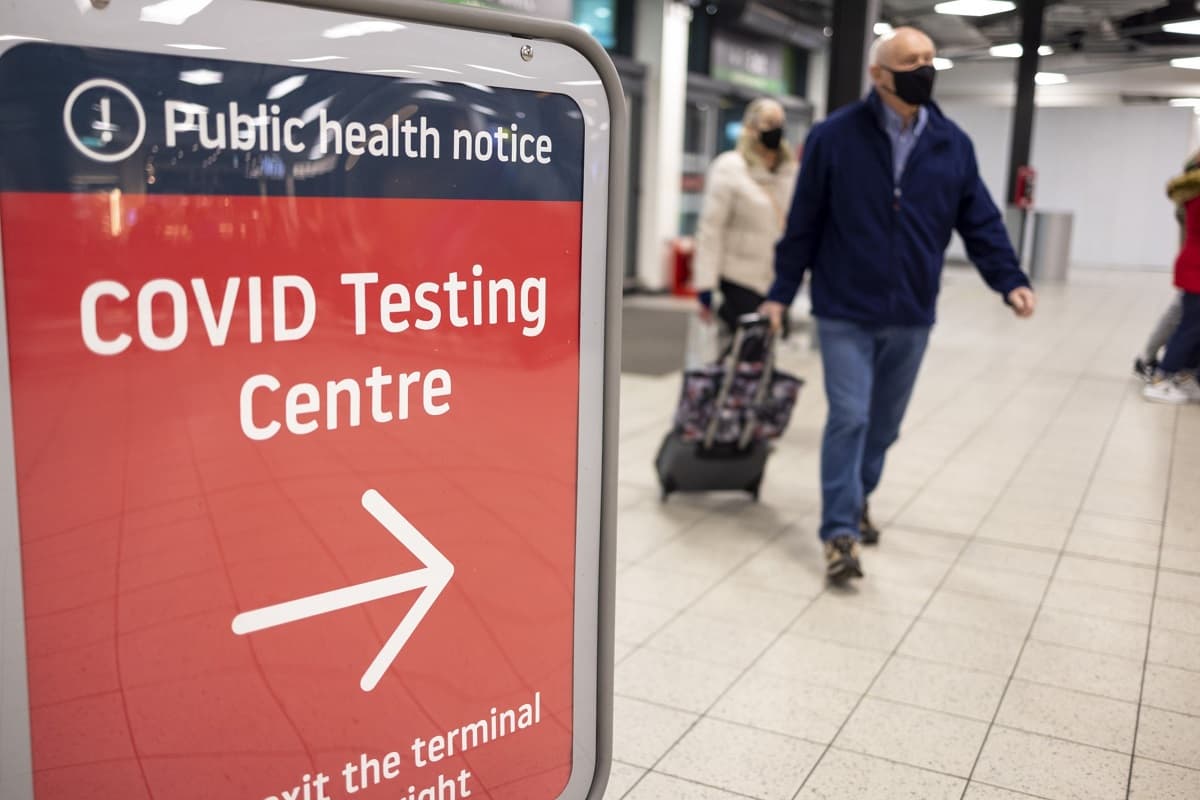
KUALA LUMPUR (Jan 16): One in 10 people may still be infectious with Covid-19 after 10 days of quarantine, a new research revealed.
Researchers in the UK reported that 13% of patients were still infectious and show clinically-relevant levels of the virus after 10 days of quarantine.
The study, led by the University of Exeter and funded by Animal Free Research UK, used a newly adapted test to detect if the virus was potentially still active.
It was applied to samples from 176 people in Exeter who had tested positive on standard PCR tests.
In a statement on Friday (Jan 14), Professor Lorna Harries, of the University of Exeter Medical School, who oversaw the study, said while this is a relatively small study, the results suggest that a potentially active virus may sometimes persist beyond the 10-day period, and pose a potential risk of onward transmission.
The study entitled ‘Persistence of clinically-relevant levels of SARS-CoV2 envelope gene subgenomic RNAs in non-immunocompromised individuals’, was published in the International Journal of Infectious Diseases.
“Furthermore, there was nothing clinically remarkable about these people [involved in the test], which means we wouldn’t be able to predict who they are,” she said.
Harries and her team warned that people should remain cautious with those who were recently infected.
The research explained that conventional PCR tests work by detecting the presence of viral fragments and can tell if someone recently had the virus, but they cannot show if the virus is still active, or if the person is infectious.
The test used in the latest study only gives a positive result when the virus is active and potentially capable of onward transmission.
Lead author Merlin Davies, of the University of Exeter Medical School, said in some settings, such as people returning to care homes after Covid-19 illness, it could pose a serious public health risk.
“We may need to ensure people in those settings have a negative active virus test to ensure they are no longer infectious.
“We now want to conduct larger trials to investigate this further,” he said.